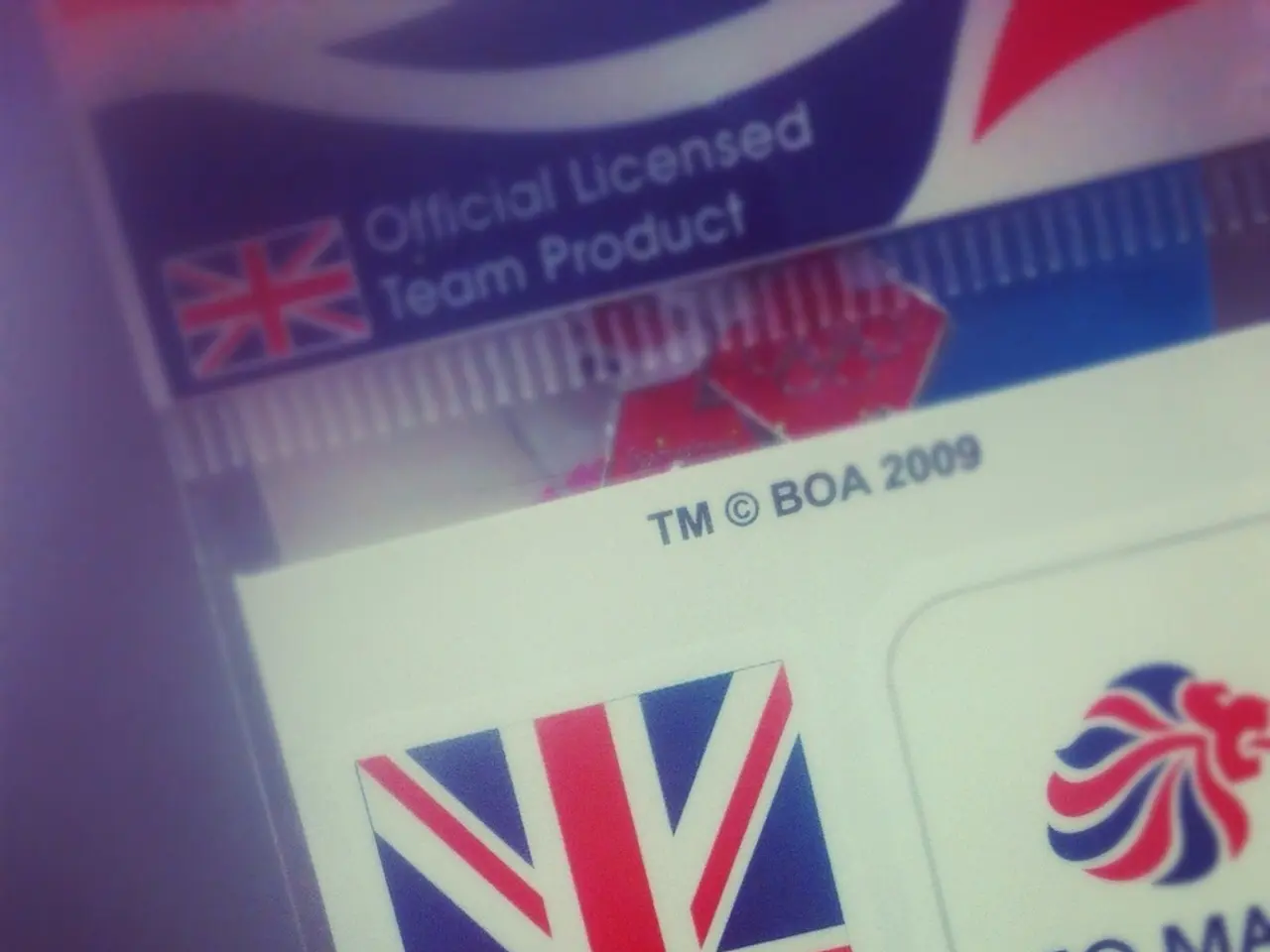Colleges granting academic credit for life experiences to boost enrollment numbers
Credit for Prior Learning Gains Momentum in U.S. Colleges and Universities
A growing number of institutions across the United States are recognising and expanding the concept of Credit for Prior Learning (CPL), a strategy that benefits military veterans and non-traditional learners by accelerating degree completion, reducing costs, and leveraging their existing knowledge and experience.
One of the most notable examples of this trend can be seen in Pittsburgh, where the Community College of Allegheny County (CCAC) is leading the way in improving the translation of military and workforce experience into college credit.
Wider Adoption and Impact
Increasing numbers of colleges are offering CPL, allowing students to gain academic credits for relevant work experience, military service, certifications, and other prior learning. Students who receive CPL can save on average between $1,500 and $10,200 and reduce their time to degree by nearly seven months.
Pittsburgh's Effort
At CCAC, despite initial limitations—a veteran receiving only three credits for physical education despite significant military experience—there is ongoing citywide effort to improve the translation of military and workforce experience into college credit. This effort is led by institutional leaders like Stephen Wells, CCAC's provost, who is himself a veteran and academic.
Methods for CPL
CPL assessments often involve various methods such as portfolio reviews, standardized exams, certifications evaluation, or credit by examination. For instance, Kalamazoo Valley Community College uses a Prior Learning Assessment (PLA) that may include portfolio assessments and certification evaluations tailored to demonstrate college-level competencies. Similarly, procedures at other colleges include formal eligibility rules such as enrollment status, existing education plans, and course catalog listings.
Benefits for Veterans and Non-Traditional Learners
Military veterans, as well as workers with industry certifications or extensive experience, gain pathways to fast-track degrees and career advancement. Veteran-focused policies comply with state and federal regulations to facilitate their university enrollment and use of educational benefits. There are also campus communities supporting student veterans outside formal military-affiliated groups.
Barriers and Challenges
Despite progress, only about 1 in 10 students complete CPL due to complexity, time, and cost of assessments. Low-income learners, who could benefit most from CPL, often do not pursue these credits due to such barriers.
Looking Ahead
Despite these challenges, institutions continue working to simplify and promote CPL pathways to maximise these benefits. Nearly half of institutions surveyed last year by the American Association of Collegiate Registrars and Admissions Officers (AACRAO) have added more ways for students to receive these credits. This trend is expected to continue, providing a valuable opportunity for many learners to advance their education and careers more efficiently.
- The innovational approach of Credit for Prior Learning (CPL) is aiding in workforce development by offering veterans and non-traditional learners the opportunity to leverage their education-and-self-development for higher education, ultimately reducing inequality in access to education.
- With institutions like the Community College of Allegheny County (CCAC) leading the way, education is becoming more inclusive, as students are now able to gain academic credits for their work experience, military service, certifications, and other prior learning, contributing to their education and potential career advancement.
- Although some challenges persist, such as complexity, cost, and time involved in CPL assessments, hindering its adoption among low-income learners, many institutions are working diligently to simplify and promote these paths, fostering equal opportunities for learning and self-improvement.




